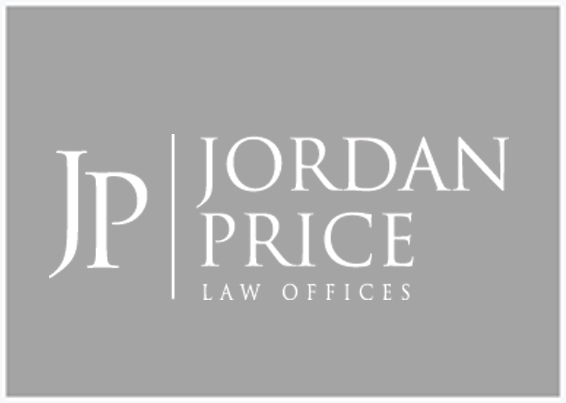In response to the coronavirus pandemic, Congress passed the CARES Act earlier this year. The Act made certain changes to the tax code to encourage more charitable giving and to help charitable organizations recover from an increased demand for services and loss of revenue. Some of these changes include providing additional tax relief for individual donors on their 2020 income tax returns.
“Above the Line” Deduction
For those of you taking the standard deduction, you will be allowed an additional “above the line” deduction for up to $300 of your charitable contribution. To qualify, your contribution must be made in cash and must be made directly to a qualified charity. Contributions made to private non-operating foundations, supporting organizations, and donor-advised funds do not qualify for this deduction.
Enhanced Deduction Limitation
For those of you who itemize deductions, you will be able to deduct charitable contributions of up to 100% of your adjusted gross income. In prior years, the charitable contribution deduction has been limited to 50% or 60% of your adjusted gross income. As with the $300 “above the line” deduction, to qualify for this enhanced deduction limitation, your contribution must be cash and must be made to a qualified charity.
Qualifying cash contributions allocated to you by a partnership or subchapter S corporation are eligible for this enhanced deduction limitation. In this case, the entity will need to provide you the amount of the qualifying cash contribution on your 2020 Form K-1.
Contributions of property other than cash, such as securities or personal property, do not qualify for the enhanced deduction limit, though they continue to be deductible subject to existing limits. Likewise, contributions made to private non-operating foundations, supporting organizations, and donor-advised funds, while not eligible for the enhanced limitation, remain deductible up to existing limits.
For those of you considering making charitable contributions in this season of giving at the end of an historic year of need, these inducements to donate ushered in by the CARES Act may offer some helpful guidance and encouragement. If you have questions or would like further information about these CARES Act provisions, please contact us or your tax advisor.
Margie Winfield – December 2020
